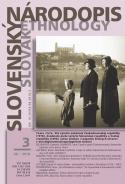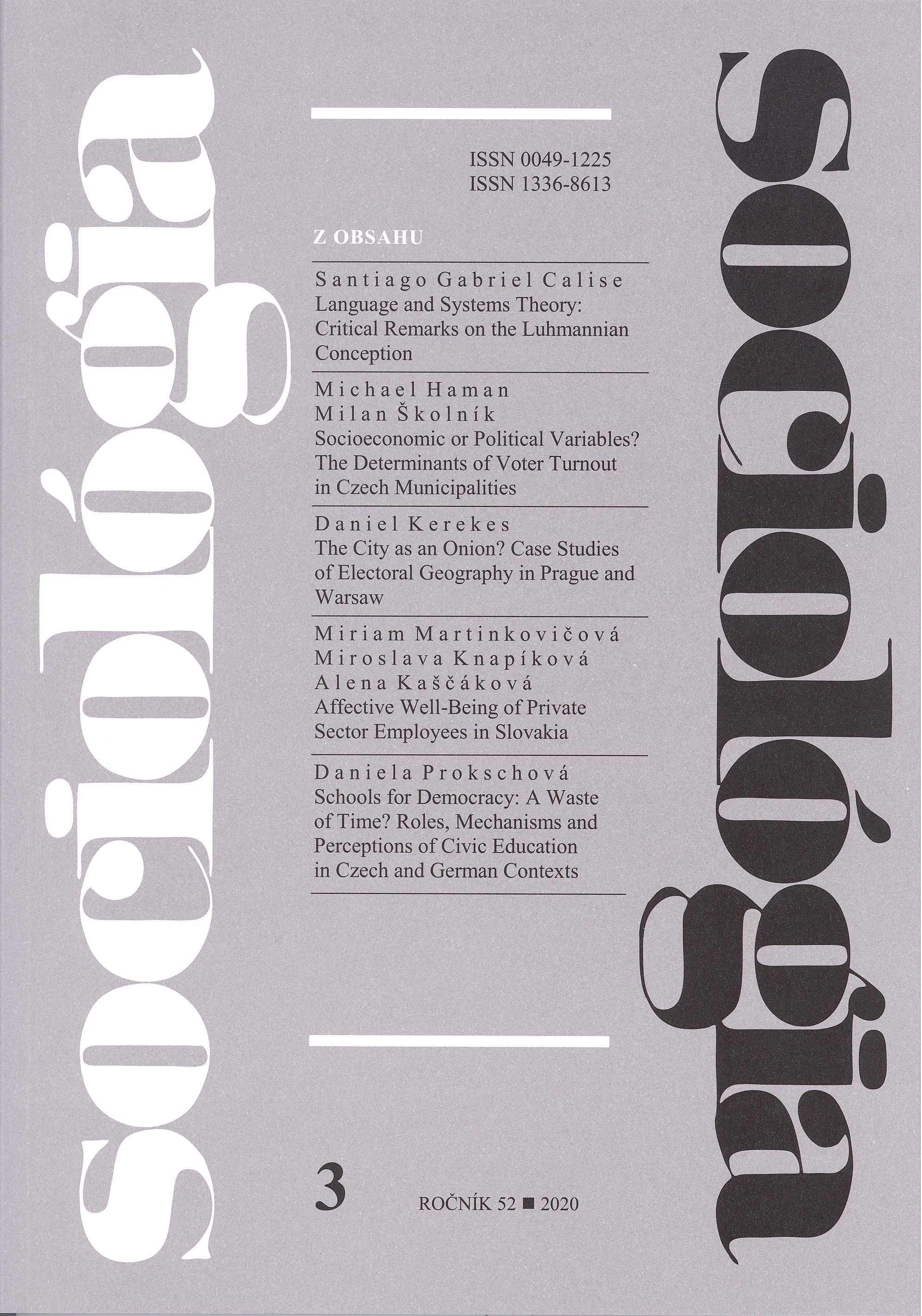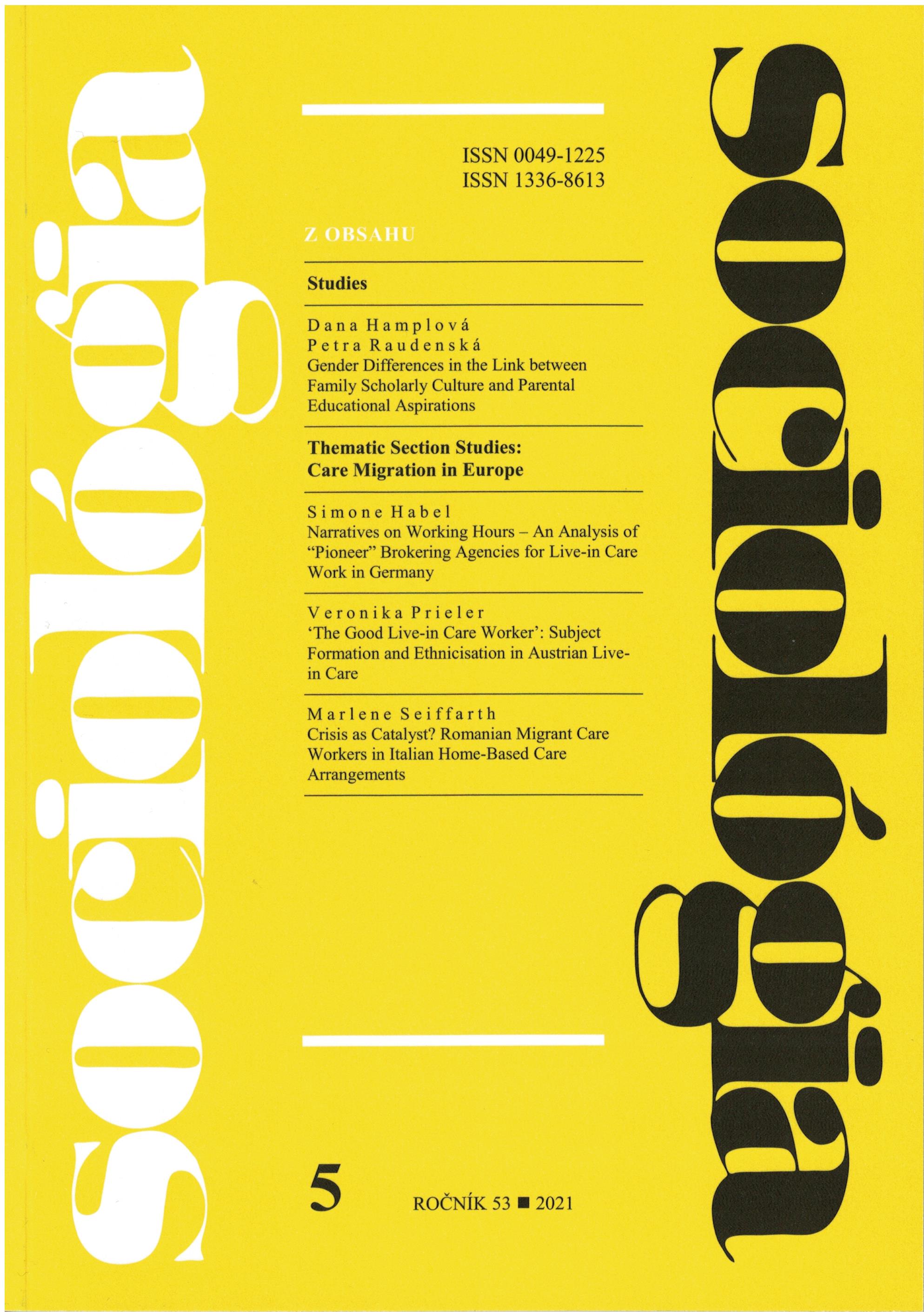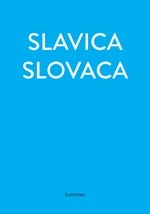Author(s): Stanislav Brouček / Language(s): Czech
Issue: 3/2018
The essay seeks to define “Czecho-slovakianism” as a supra-national non-institutionalised“organism”, as unity with a moral dimension that eliminates nationalism –both Czech and Slovak one. From the point of view of historic development, the essay notes that Czechoslovakianism has been existing continuously, despite many misunderstandings, as permanent cultural attractiveness born in the 19th century. It analyses the Czecho-Slovak convergence at the time of preparation of the Prague ethnographic exhibition in 1895 and observes the political positions of both nations living in one Austro-Hungarian state union, but seeking “their” own path towards a decent national perspective. The article subsequently deals with the World War I period which offered, under the influence of a series of circumstances, an exceptional chance to create a common state, the Czechoslovak Republic, backed by the state-building element of Czechs and Slovaks. This element was defined as the Czechoslovak nation. The political concept of the Czechoslovak nation, however,did not work. Not only because it was a political construct of the nation built on a top-down basis (as the German nation), but assumingly also because this concept had too few power ambitions. Such ambitions were present, for example, among the Germans in the 19th century, in the period of constitution of the German nation. The situation in the 20th century was, however, very different with respect to the existence of the “Czechoslovak nation”. In 1918–1992, the Czechoslovak concept was not characterised by any war aggression or internal defence, but was significantly influenced by a series of internal conflicts, i.e. conflicts inherited from the monarchy and conflicts arising with the new constitutional arrangement. Disagreements prevailed in ethnic relations: Czech-German, Slovak-Hungarian and Czech-Slovak,including other internal problems. In terms of politics and organisation, the structure of the Czechoslovak state was fragmented and was governed by the interests of global powers. Czecho-slovakianism was repeatedly tested and verified from the point of view of the power of its values on which it was based, not only within the borders of former Czechoslovakia, but also in the relations between foreign Czechs and Slovaks and in their relationship to their homeland.
More...





